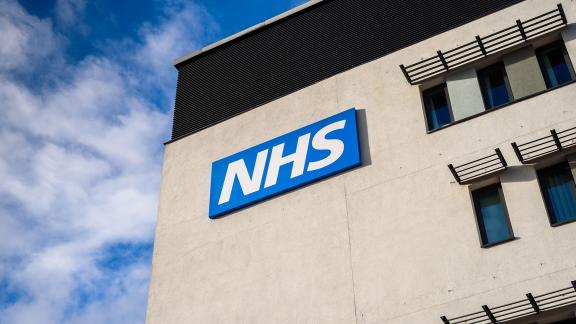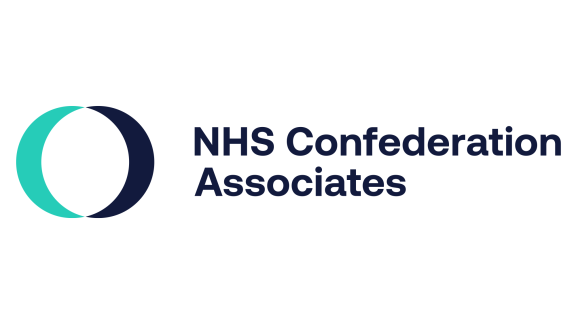2022 pre-election period: dos and don'ts for the NHS

The “pre-election period” (previously referred to as “purdah”) refers to the period shortly before an election or referendum when specific restrictions on the activity of public bodies, civil servants and local government officials are put in place.
The pre-election periods started on 28 March for both elections to the Northern Ireland Assembly and elections to local authorities (including mayoralties) in England, Wales and Scotland local authority and mayoral elections in England.
The pre-election period has implications for NHS organisations, including the arm's-length bodies.
During this time, communications in the form of either announcements or activities by NHS organisations should be avoided if they could influence, or be regarded as influencing, the outcome of elections.
It is advised that local NHS organisations observe the pre-election period from 28 March, with national bodies following suit on 14 April.
With health and care issues high on the political agenda, here are some tips for any communications activity during the pre-election period.
If in doubt, always refer to the guidance published by the Cabinet Office and the Civil Service.
Do
- Confine your communication activities and announcements to those necessary for the safety and quality of patient care.
- Consider whether you will allow visits from all candidates/political parties/campaign groups/other politicians and what format they will take. It is your decision whether to invite them or not. If you do, remember to keep your policy around visits consistent and impartial.
- Keep any communications with local candidates/political parties/campaign groups/other politicians to a factual and apolitical basis – apply the same approach to any requests for information, communications with the media and in the public sphere.
- Continue to conduct normal business including board meetings where decisions need to be made and adhere to good governance and regulation.
- Continue to plan communications activity for post the pre-election period.
- Familiarise yourself with the official guidance from the Cabinet Office.
Don't
- Undertake any activity that could be considered politically controversial or influential, or could give rise to criticism that public resources are being used for party political/campaigning purposes. For example, allowing certain public awareness activities that could be deemed party political including open board discussions on future strategy, market research and public rallies, and producing election materials or canvassing.
- Launch new consultations unless essential, promote or publish responses to existing consultations until after the pre-election period.
- Be selective if you are inviting local candidates/political parties/campaign groups/other politicians to your premises – invitations should be sent to all or none.
- Allow party political meetings to take place on your organisation’s premises.
- Allow visits by candidates/political parties, national or local politicians, or campaign groups to your organisation to interrupt services or care for patients – make sure your staff are aware of any visits in advance.
- Launch large-scale PR campaigns during this period.
Should you have any questions about the pre-election period, please do not hesitate to contact our External Affairs team.



